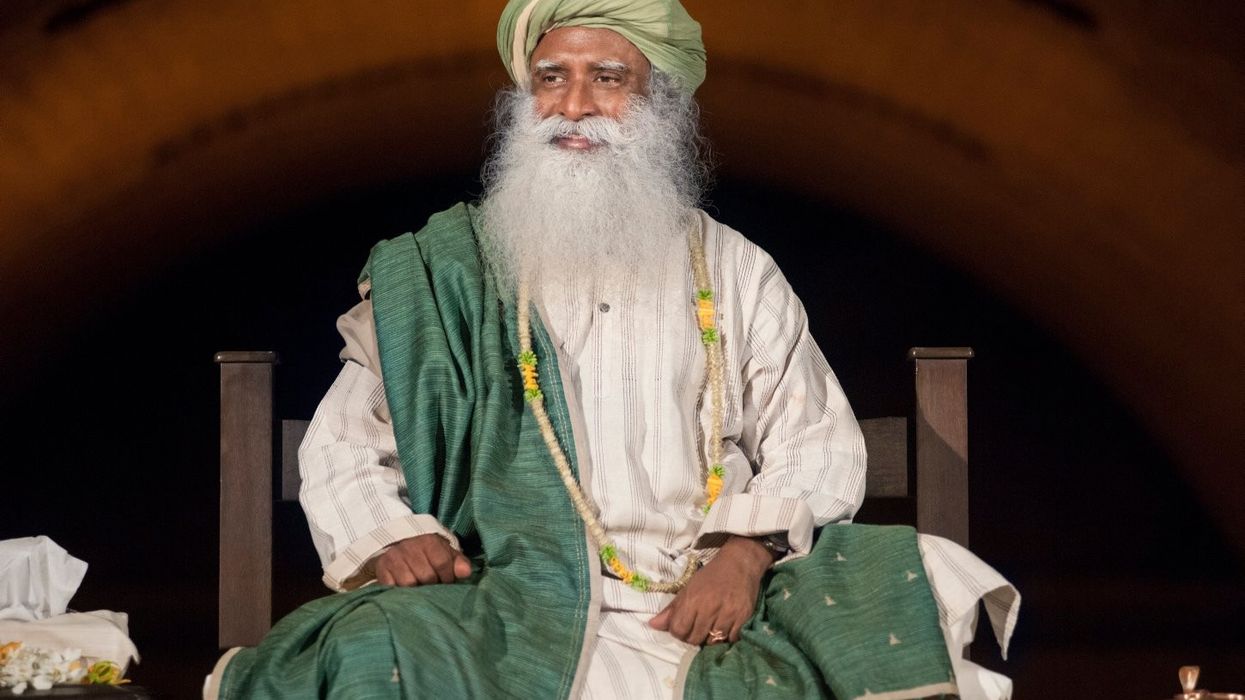A REVIEW into why a disproportionate number of ethnic minorities across the UK have succumbed to the coronavirus was announced by the government this afternoon.
Recent data has revealed a third of patients suffering from Covid-19 symptoms and who are in intensive care are of BAME heritage.
A spokesperson for prime minister Boris Johnson – who is himself recovering after being hospitalised over his symptoms - said the NHS and Public Heath England (PHE) would take the lead in the investigation.
Health secretary Matt Hancock confirmed last week that at least 19 NHS workers had died from coronavirus since the outbreak began; of those, around 10 were of ethnic origin.
Eastern Eye has been reporting how a disproportionately high number of the pandemic patients are of black, Asian and minority ethnic (BAME) heritage.
Despite only making up 14 per cent of the population of England and Wales, they represent a third of the patients in intensive care with coronavirus, according to the Intensive Care National Audit and Research Centre (ICNARC).
The first 10 doctors who died with coronavirus in Britain were from ethnic minorities, including Alfa Sa'adu, Jitendra Rathod, Mohamed Sami Shousha and Syed Haider.
In a letter to the government, several opposition Labour MPs said deaths represented "serious concerns" and called for an urgent investigation.
Dr Chaand Nagpaul, chair of the British Medical Association (BMA) urged the government to investigate why a large number of ethnic minorities were contracting the infection.
“We have heard the virus does not discriminate between individuals, but there’s no doubt there appears to be a manifest disproportionate severity of infection in BAME people and doctors,” Dr Nagpaul told LBC Radio last week.
“This has to be addressed – the government must act now,” he added.
Non-British staff make up 12 per cent of the UK healthcare workforce, according to the Office for National Statistics (ONS).
In London, the epicentre of the coronavirus outbreak in Britain, this rises to 23 per cent.
A variety of factors could be behind the high numbers of BAME patients suffering from the virus. People from ethnic minorities are more likely to live in London or in the West Midlands - another hard hit area - and suffer more poverty and ill health.
"South Asians live in more deprived areas and have more cardiovascular disease and diabetes," said Kamlesh Khunti, an expert in ethnic minority health who led the ICNARC study.
They also often live in larger, multi-generational households and so "social isolation may not be as prevalent".
Zubaida Haque, deputy director of the race equality Runnymede, said ethnic minorities were also more likely to be in low-paid jobs or be key workers - as transport and delivery staff, healthcare assistants, hospital cleaners and social care workers.
"All of which bring them into more contact with coronavirus and so increase their risk to serious-illness and death," she told the BBC.
Labour’s shadow women and equalities secretary, said: “We welcome the review into the disturbing impact of Covid-19 on BAME communities. Though it is not yet clear whether it will be independent, when it will be concluded and who will be leading it.
“The Government must ensure the review is robust and looks into the underlying structural economic and social inequalities that have affected BAME communities in this crisis. It must also urgently record data broken down by ethnicity on the number of people who have died as a result of Covid-19.
“The devastating effect of Covid-19 on BAME communities cannot be overstated. This review must be the first step in ensuring that all communities are equally protected from this virus.”



















Man pleads not guilty to murder of BBC presenter's family